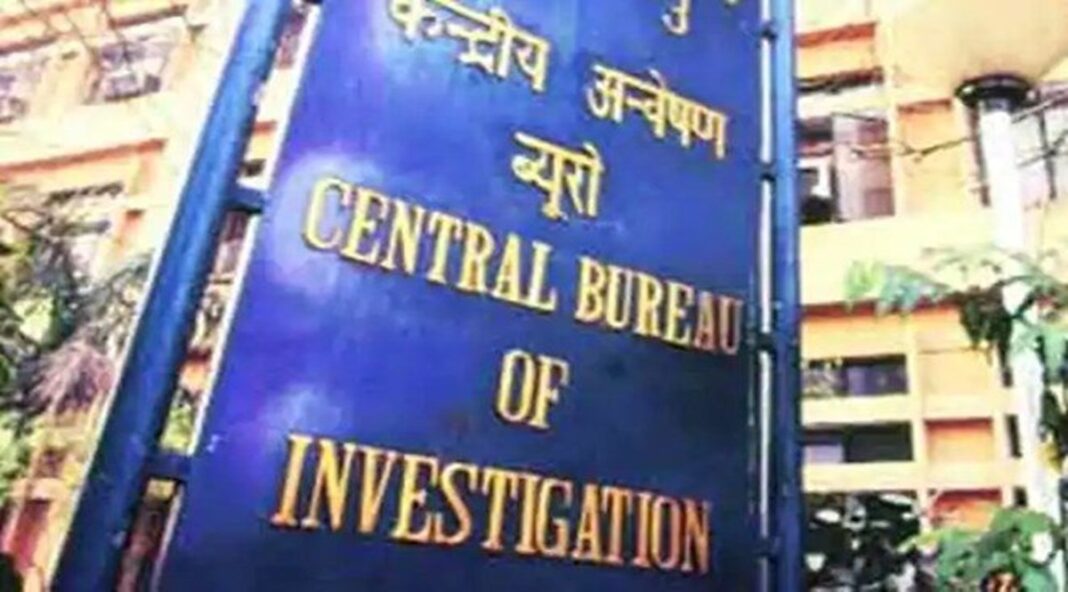The Central Bureau of Investigation’s (CBI) decision to arrest the Joint Drugs Controller on charges of receiving a bribe to waive the phase three clinical trial of an insulin injection again brings into focus the poor state of the Indian drug approval mechanism. Though they are just charges at this point, they are serious enough to merit attention. Strong accusations have been made against a high-ranking regulatory official and a reputed company like Biocon Biologics, a subsidiary of Biocon.
CBI claims it has got enough evidence for the arrests under IPC sections of criminal conspiracy and corruption for bypassing regulatory processes and manipulating the minutes of the Subject Expert Committee of the Central Drugs Standard Control Organisation (CDSCO), which actually considered the case. On its part, Biocon has denied the allegations of bribery and said it adopts global best practices in corporate governance and business responsibility. The entire application process, Biocon said, is online, and all meeting minutes can be found on the website of the CDSCO.
The truth must be found, and the CBI must provide enough evidence for the charges leveled against all the accused, as there are much bigger stakes here. The Indian pharmaceutical industry is the world’s third-largest by volume and 14th largest by value. Its image is linked with that of Brand India.
It would be unfair to blame the entire industry, which has generally been carrying out globally benchmarked practices, but the misdemeanours of a few can have a damaging impact. There have been several instances of the shady practices of some in the industry and in the regulatory system. The example of Ranbaxy is still fresh in memory.
One of India’s biggest drug manufacturers at the time, Ranbaxy pleaded guilty to felony charges and paid a $500 million fine, the largest ever levied against a generic company. It led to the exit of the promoters and the company’s sale. A while back, a group of health activists, including Ranbaxy whistleblower Dinesh Thakur, petitioned the ministry of health to ensure greater transparency in regulation.
Citing a Parliamentary committee report on the functioning of the CDSCO, which highlighted serious lapses in India’s drug approval standards, the petition highlighted how approvals had reached a slippery slope. India has also been coming under increased scrutiny by the US Food and Drugs Administration (FDA) for safety lapses, falsified drug test results, and selling fake medicines. The World Health Organization had estimated that one in five drugs made in India was fake.
Though the impression that India is overrun with counterfeits is totally unjustified, the fact is that the approval mechanism for new drugs in India has in recent years been a subject of scrutiny and controversy. A study found that the Indian regulation-making process relies heavily on regulatory knowledge built up elsewhere, potentially limiting the scope of generating its own, context-specific knowledge. The fact also is that India’s drug regulatory bodies, both at the central and state level, are grossly understaffed and underfunded, and have faced charges of either corruption or lacking the expertise to oversee a sophisticated industry.
Instead of dismissing the latest case as corrupt practices of a few individuals, the government would do well to give a comprehensive look at the entire regulatory environment. A thorough clean-up act is required urgently. .
From: financialexpress
URL: https://www.financialexpress.com/opinion/fix-drug-approval-system-bribery-charges-need-to-be-proved-but-an-overhaul-of-mechanism-is-required-urgently/2570835/



